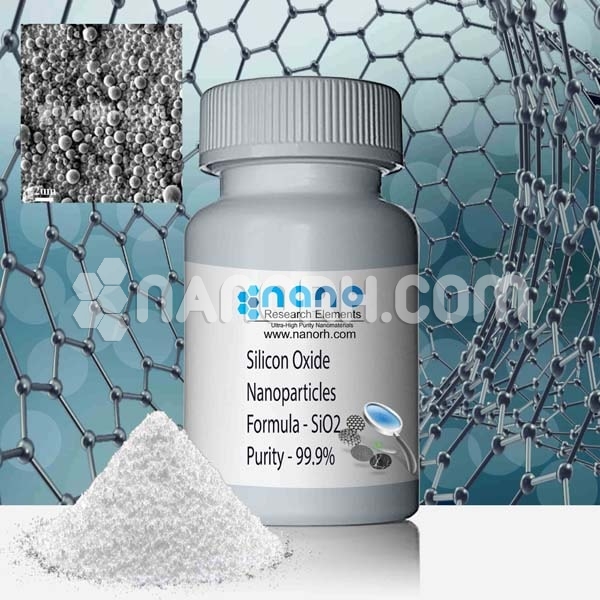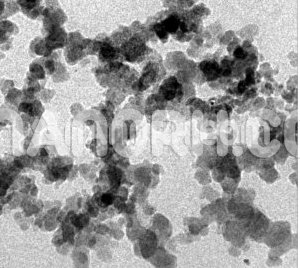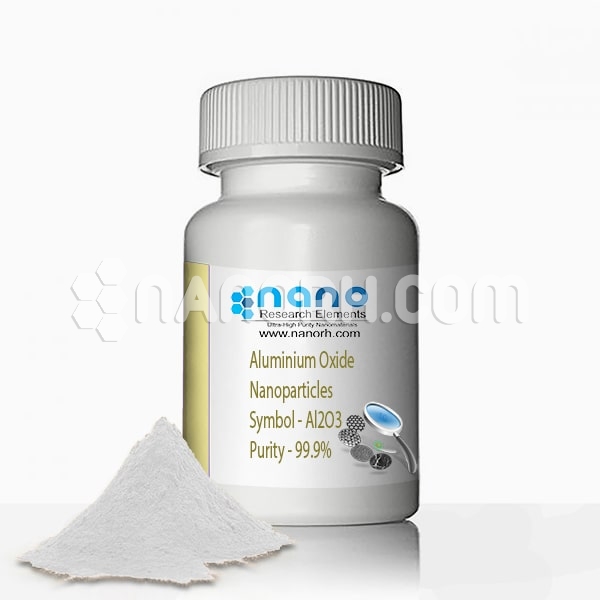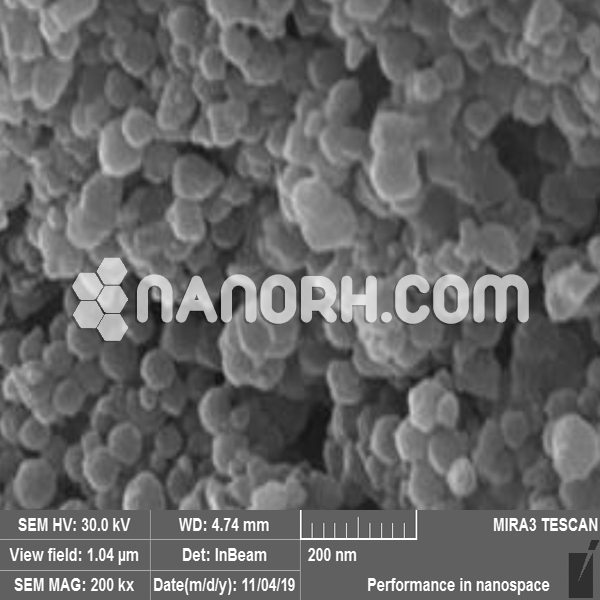| Silica Nanopowder | |
| Product No | NRE-3053 |
| CAS No. | 60676-86-0 |
| Formula | SiO2 |
| APS | <100nm (Can be Customized) |
| Purity | 99.9% |
| Color | White |
| Molecular Weight | 60.08 g/ mol |
| Density | 2.6 g/ cm³ |
| Melting Point | 1713 ºC |
| Boiling Point | 2950 °C |
Silicon Oxide Nanopowder:
silicon oxide nanoparticles / SiO2 circular powder is generally utilized as a part of vast scale, ultra-expensive scale coordinated circuits, epoxy forming compound, electronic preparing, top of the line cosmetics? C precision earthenware production, natural glass, epoxy elastic, aviation pottery, and different businesses et cetera.
Introduction
Silicon oxide nanopowder (SiO₂) refers to nanoscale particles of silicon dioxide, a compound made up of silicon and oxygen. Silicon dioxide is one of the most abundant materials in the Earth’s crust, commonly found in nature as quartz or sand. At the nanoscale, silicon oxide exhibits unique physical and chemical properties, such as high surface area, enhanced reactivity, and distinct optical characteristics compared to its bulk counterpart. These nanoparticles are typically synthesized using methods such as sol-gel processes, chemical vapor deposition (CVD), hydrothermal synthesis, and ball milling.
Silicon oxide nanoparticles have gained significant attention due to their wide range of applications in various industries, including electronics, energy storage, healthcare, and environmental protection.
Properties
High Surface Area: Silicon oxide nanoparticles have a high surface-to-volume ratio, which increases their reactivity and makes them ideal for use in catalytic and adsorption processes.
Chemical Stability: SiO₂ is chemically stable and resistant to corrosion, oxidation, and thermal degradation, making it suitable for harsh environments.
Optical Properties: Silicon oxide nanoparticles have unique optical properties, including the ability to scatter light and act as a photonic material. These properties are useful in various optoelectronic and imaging applications.
Biocompatibility: Silicon oxide is considered biocompatible, and silicon oxide nanoparticles are often studied for medical and biomedical applications due to their non-toxic nature.
Porosity: The nanopowder form of silicon oxide can be highly porous, offering a large surface area for applications such as catalysis, drug delivery, and adsorption.
Mechanical Properties: Silicon oxide nanoparticles are hard, durable, and exhibit high mechanical strength, making them suitable for use in composite materials and coatings.




